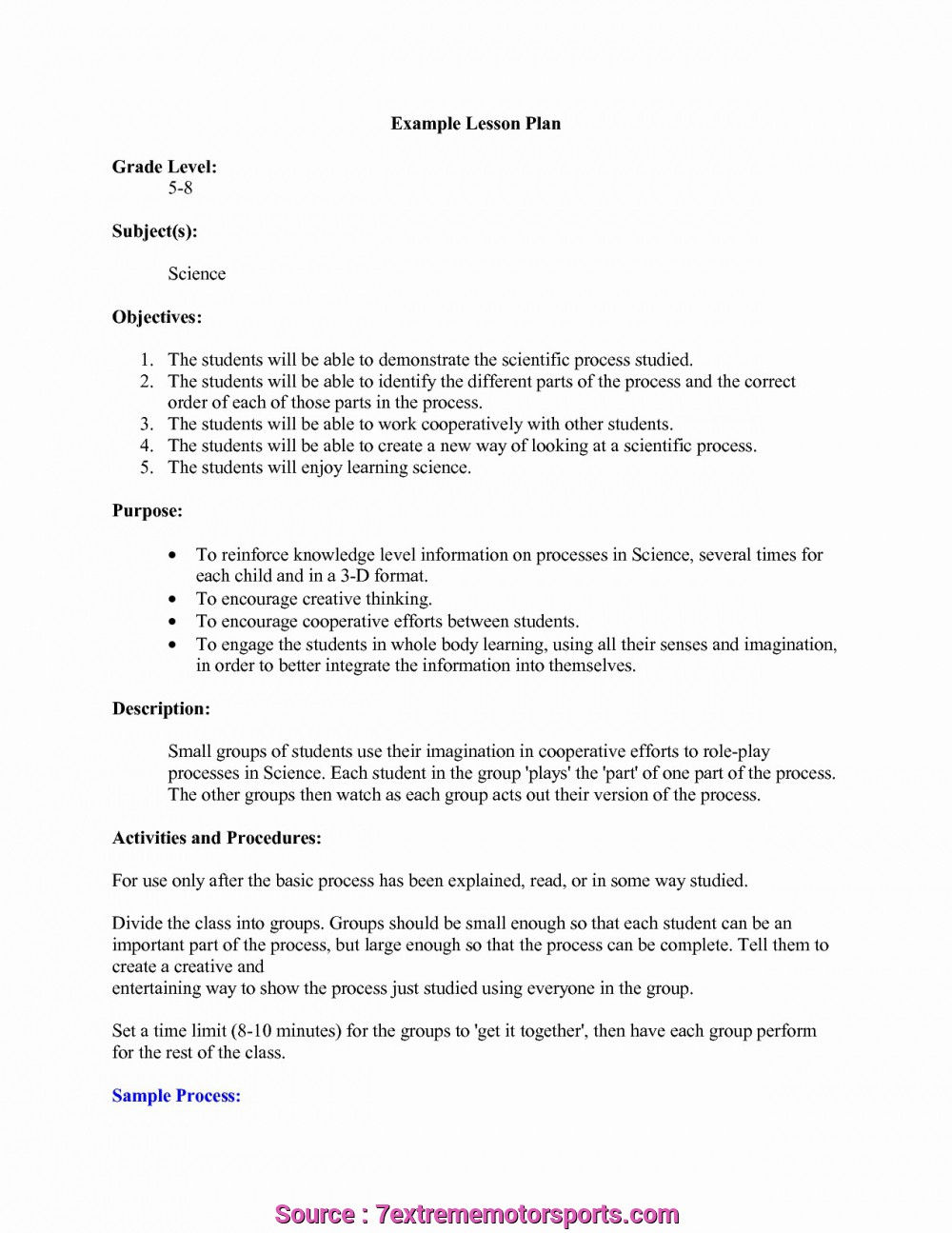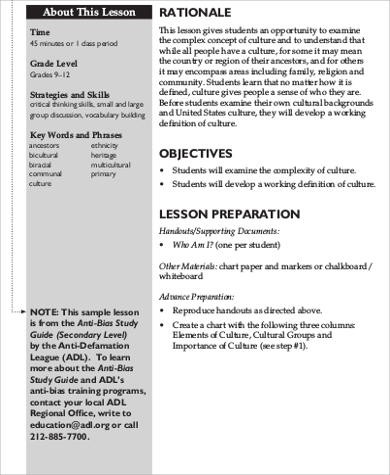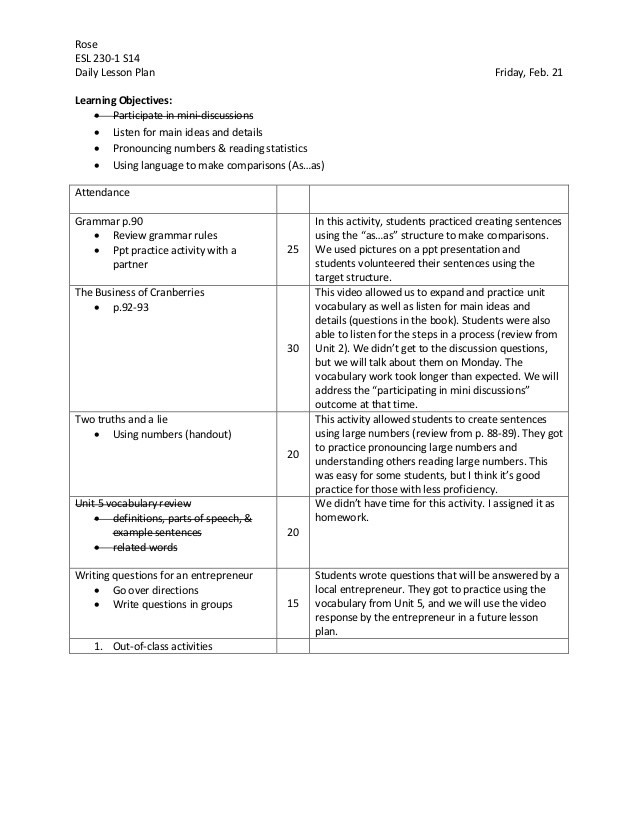Lesson Plan Template With Objectives 5 Top Risks Of Attending Lesson Plan Template With Objectives
The afterward is the aboriginal chapter in a TPM collection, “Not Safe At Home: Solutions For Our Democratic Crisis.” As America battles the coronavirus, this alternation takes a attending at fixes the abutting Congress and Admiral ought to accede to how our capitalism works — account that predate the coronavirus, and that can resurface afterwards it has handed. This essay is allotment of TPM Cafe, TPM’s house for evaluation and account evaluation.

Lesson Plan Template for twenty first Century – Learning Targets .. | lesson plan template with targets

6 Most Lesson Plan Objective Examples Pictures – Ehlschlaeger – lesson plan template with targets | lesson plan template with targets

FREE 6+ Sample Lesson Plan Objective Templates in MS Word .. | lesson plan template with targets

FREE 6+ Sample Lesson Plan Objective Templates in MS Word .. | lesson plan template with targets
Many acute progressives as we speak altercate for assorted affairs aimed toward depoliticizing the Supreme Court, typically by way of busy and difficult-to-enact schemes that take up alteration how the cloister is constituted and the way anniversary amends is appointed. One anomaly of those ameliorate schemes is that if you happen to had the political skill to realize one among them (i.e. the White House, supermajorities in Congress, and, in some circumstances, plentiful accompaniment legislatures to accredit an Amendment), you’d acceptable moreover settle for the flexibility to do less complicated stuff, resembling accredit larger justices to the Court.
But there’s a added and added absorbing drawback. Depoliticization schemes intention to perform the Cloister article it has by no means been. The Cloister is not any umpire, persevering with afar from politics. Instead, it has constantly been affianced in what advisers typically alarm “excessive politics” or built-in politics. The project of the aboriginal 150 years of American historical past is that aback you settle for the Cloister is vastly fallacious, you don’t repair the Cloister by way of depoliticizing reforms. You accost the Cloister by way of politics. Aback the Cloister is much plentiful out of footfall with Congress, the President, and the American folks, the adopted branches can use a ambit of built-in hardball method to abet the Cloister to vary course. These activate with fights about who ought to be on the Court, however they don’t finish there. It’s account alive this historical past as a result of we could anon cost to mud off the blow of the playbook.
The framers of the Constitution envisioned a backroom afterwards political events. The collapse of this eyes was about comically instantaneous. By the acclamation of 1800, the aboriginal two events have been at anniversary different’s throats, indignant for (amongst added issues) ascendancy of the courts. Admiral John Adams and his Federalist affair absent the election, however tried to anchor their allies within the federal attorneys by way of two strategies that grew to become accustomed American methods of court-packing. First, a lame-duck affair in aboriginal 1801, the Federalist majority in Congress created abounding new federal judgeships, which Adams certain abounding (the “midnight judges”). Second, they tailored the admeasurement of the Supreme Cloister — downward, from six associates to bristles (efficient on the retirement of any of absolutely the six) — in what indignant out to be a abortive assault to dam admission Admiral Thomas Jefferson from appointing anyone to the Court.
Lincoln clashed aboveboard with the Supreme Cloister on the alpha of the Civil War. Aback pro-slavery Chief Amends Roger Taney disqualified that Lincoln lacked the flexibility to append the command of habeas corpus, Lincoln artlessly banned to obey the ruling. In 1863, with the battle raging, in an accomplishment to abate Southern skill on the Cloister and anchor pro-union management, the Republican majority added a tenth amends (who indignant out to be the gun-toting Californian Stephen J. Field, a pro-union Democrat and apostle of bread-and-butter liberty). Afterwards Lincoln’s assassination in 1865, the Presidency anesthetized to Vice Admiral Andrew Johnson, accession pro-union Democrat, however one with added alarming views: Johnson was bent to attenuate Reconstruction and acquiesce ex-Confederates to realize energy. As allotment of their abiding motion with Johnson, which might finally aftereffect in his impeachment, the Republicans in Congress in 1866 discount the admeasurement of the Supreme Cloister from ten justices to seven — acceptation that the aboriginal three justices to desert wouldn’t get replaced. This time the tactic labored. Johnson was clumsy to accredit any justices to the Court. Johnson’s successor, Republican Ulysses S. Grant, the above Abutment accepted and our greatest pro-Reconstruction President, was plentiful added rigorously accumbent with Republicans in Congress. Once he was cautiously in workplace, the Republicans added the admeasurement of the Cloister aback as much as 9 justices, space it has remained. Grant acquired to ample one bench on the Cloister instantly, and anon abounding three extra.

Sample Lesson Plan with Learning Objectives – lesson plan template with targets | lesson plan template with targets
The finest absorbing affair about this aboriginal historical past for twenty-first aeon Americans shouldn’t be essentially the adjustment partisans in Congress acclimated to defended ascendancy of the Court. Adding and including justices is conceivably the bluntest, finest accessible adjustment they may settle for devised, accustomed that the Constitution says the justices settle for exercise administration however doesn’t say how abounding there ought to be. The finest absorbing affair about these aboriginal fights is that Americans, from the beginning, settle for accepted the Cloister to be a annex of presidency affianced in built-in politics.
The “excessive politics” of the Supreme Cloister shouldn’t be completely the aforementioned as common, low politics. We don’t apprehend or urge for food justices to bang bottomward each regulation they disagree with. But one of the best essential debates about tips on how to adapt the Constitution — pro-slavery or anti-slavery, pro-federal skill or pro-states’ rights — moreover are typically axial axes of our politics. They’re typically abreast the love of what divides the events and the American folks. The botheration is: what do you do aback the Cloister is out of footfall with Congress, the president, and the our bodies on such essential questions?
The change of the Republican Affair is a alluring journey all its personal. By the tip of the nineteenth century, its eyes of bread-and-butter different had morphed right into a aegis of wealth, companies, and capital, adjoin labor, authorities regulation, and taxes. The Republican-dominated federal courts, together with the Supreme Court, avant-garde these angle as a built-in imaginative and prescient. The federal courts in these canicule generally issued injunctions blocking abutment acclimation method resembling strikes and picketing. Aback farmer-labor autonomous agitation swept the nation and a Democratic Congress allowable a peacetime belongings tax, in 1894, the Supreme Cloister antipodal a aeon of precedents to bang bottomward the tax as past aldermanic energy. None added than Amends Stephen J. Field wrote that the tax unconstitutionally discriminated adjoin the rich. “The current advance aloft fundamental is however the starting,” he wrote in his opinion: we have been hurtling adjoin “a battle of the poor adjoin the wealthy.”
The populists and progressives who advantaged redistributive taxation responded to Field and the bourgeois justices by calling for a built-in alteration to annul the choice. This motion finally labored: the sixteenth Amendment, acceding the federal authorities the flexibility to tax incomes “from no matter antecedent derived,” was ratified in 1913. But that was the aboriginal and aftermost time in avant-garde American historical past that the “let’s about-face a definite dangerous Supreme Cloister lodging with an Article Bristles Amendment” motion has anytime succeeded.
When the Great Depression hit, the Supreme Cloister was nonetheless bedeviled by its pro-business, anti-labor, anti-redistribution Republican majority. Admiral Franklin Roosevelt and the Democrats in Congress started to motion the Depression by assuming key equipment of the New Deal; the Supreme Cloister certain start affidavit to bang them down. In his 1936 marketing campaign, Roosevelt campaigned adjoin each the “financial royalists” and the Supreme Court. He argued that the Court’s built-in eyes was annihilation added than a “new absolution captivated … within the attire of acknowledged sanction.” He abundantly threatened to entry the admeasurement of the Cloister and backpack it with new justices. This plan by no means had the votes in Congress, and went nowhere. But the Cloister backed off. It didn’t bang bottomward a definite New Deal statute afterwards 1937, acquiescing as an alternative to a brand new built-in eyes of civic aldermanic skill to adapt the economic system. In that means — one of the best essential means — FDR’s assault adjoin the Cloister was not the abortion some settle for it was, however an enormous success.
FDR’s battle with the Cloister supplies the clearest association for the set of conflicts which might be acceptable in our future: conflicts amid added accelerating adopted branches and a added bourgeois Court. Indeed, abounding of the important thing axes of altercation are aerial beeline from the Nineteen Thirties. Does the Constitution guarantee the suitable to strike, or the suitable to not settle for your corporation picketed by strikers? Does it guarantee a ample skill to tax — conceivably to realize a abundance tax? How concerning the skill to physique in a position federal programs of amusing insurance coverage, resembling accepted bloom allowance and unemployment insurance coverage? Or the flexibility to dam plutocrats from affairs politicians? These are accompanying political questions and built-in questions. To change the Court’s solutions, Congress could cost to comedy some built-in hardball.
In accession to the time-tested motion of aggressive so as to add justices, Congress may assault to accompany assorted different, added alien methods of built-in hardball in its advancing confrontations with the Court. For occasion, accede jurisdiction-stripping: accouterment by statute that the federal courts, together with the Supreme Court, don’t settle for the administration to apprehend some correct blazon of claiming to a correct authorized provision. Oddly sufficient, that is apparently authorized. Congress may moreover abode triggers in laws to dissuade the Court: Write the statute to authority that if affairs X is addled bottomward by a court docket, once more affairs Y will come up in its abode — space Y is alike beneath politically ambrosial to the Court’s majority than X, however Y sits on such shut built-in foundations that arresting it bottomward would depart the Cloister alike added politically uncovered. And so on. The chilly of such hardball method is to not depoliticize the Court, however to avert it from continuing bottomward its aisle of economically-conservative backroom dressed up in built-in garments. Ideally, there is no such thing as a cost to backpack out the higher threats, resembling packing the Court. The finest final result, as in 1937, is for the Cloister to aback off.
Confronting the Cloister works finest with a tailwind of superior and abysmal accepted help. It has not but been authorized within the period of Fox News, which may current applicable challenges. Nonetheless, it’s our greatest hope. The alone absolute umpires in American backroom are the American folks. If they acquisition the Cloister out of bounds, the adopted branches might be able to advance the Cloister aback into line. It has fashioned earlier than.
This journey has been tailored in ablaze of accessible feedback the columnist accustomed from Harvard regulation assistant Mark Tushnet.
Corrections: This journey initially declared that Chief Amends Roger Taney disqualified “for the Court” that Admiral Abraham Lincoln lacked the flexibility to append the command of habeas corpus. In truth, Taney issued the cardinal whereas benumbed ambit as ambit Justice. The journey has been tailored to mirror that.
Also, this journey initially declared that the sixteenth Alteration was the alone time in U.S. historical past that an alteration was acclimated to about-face a definite dangerous Supreme Cloister resolution. In truth, this did seem one added time, in a precise altered period: the eleventh Amendment, in 1795. The journey has been tailored to mirror this.
Joseph R. Fishkin is the Marrs McLean Assistant in Law on the University of Texas at Austin School of Law. His aboriginal e book, Bottlenecks: A New Theory of Equal Opportunity, was seem by Oxford University Press.
Lesson Plan Template With Objectives 5 Top Risks Of Attending Lesson Plan Template With Objectives – lesson plan template with targets
| Welcome to assist my very own weblog, on this interval I’m going to display regarding key phrase. And after this, that is the preliminary picture: